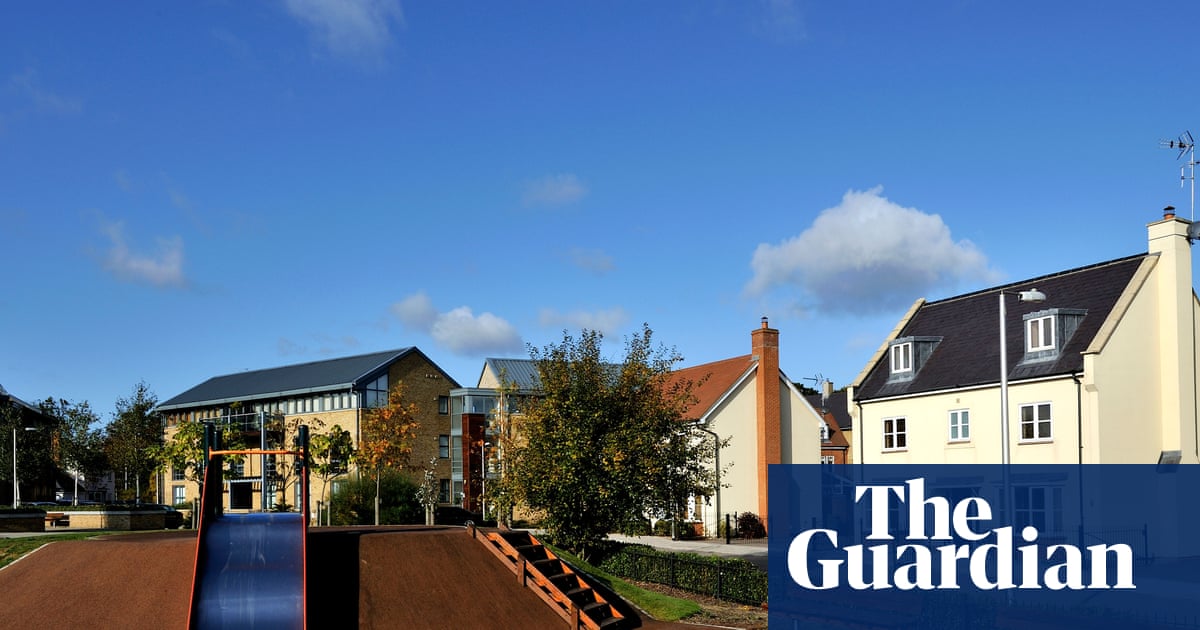
"Our study offers a deep analysis of the challenges in embedding play into urban policy and our recommendations offer a blueprint for councils, developers, and public health leaders to make play a priority. She added: Well-designed play space has so many positive knock-on effects. For children, it takes them outside, away from screens and develops their cognitive and physical skills. And for parents it helps build community ties and vital social networks."
"The study's participants, from the London borough of Tower Hamlets and Bradford, who influence urban planning in their respective local authorities, told researchers that developers saw play space as a nice to have, which led to a constant kind of challenge between building up housing and keeping enough green and open space and amenity space and play space. The difficulties of recruiting and retaining good local authority staff, the effects of austerity, the pandemic and Brexit were also cited as barriers to effective urban planning."
Planners are approving new housing ahead of outdoor play spaces because of policy misalignment, financial constraints and pressures from housing shortages. Developers often treat play space as optional, creating a persistent conflict between building homes and preserving green, open and amenity spaces for play. Recruitment and retention difficulties within local authorities, austerity, the pandemic and Brexit have weakened planning capacity. Fragmented local policies and conflation of play with generic physical activity produce catchphrase-style charters without actionable plans. Participants cited Tower Hamlets' play charter as lacking meaningful action. Greater national regulation and statutory guidance were identified as potential remedies.
Read at www.theguardian.com
Unable to calculate read time
Collection
[
|
...
]